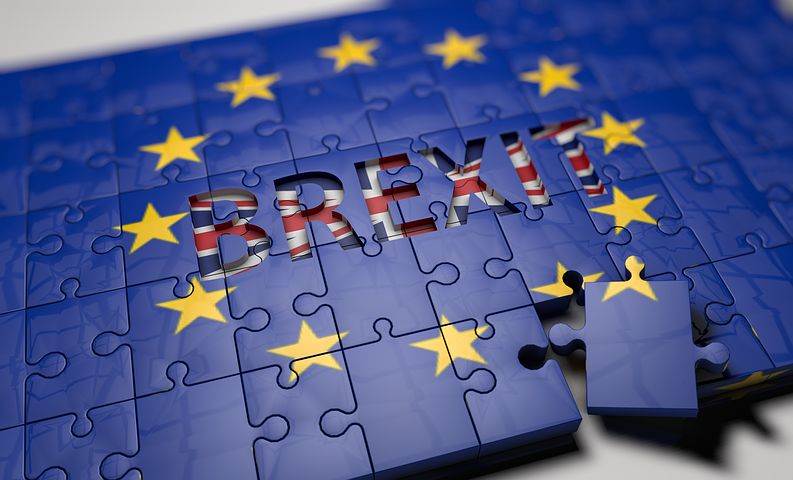 British Prime Minister Boris Johnson said he would present the European Union with a compromised deal on both sides, urging the bloc to meet with Britain halfway and allow it to leave orderly after years of bickering. Speaking to Conservative Party members at their annual congress, Johnson's office called it a "last offer" or "a leave" to the European Union. However, it was more like calling on the bloc, and on the British, to end more than three years of violent bickering over the terms of the Brexit. Attendance were cheering in the meeting: "Let's end Brexit."
British Prime Minister Boris Johnson said he would present the European Union with a compromised deal on both sides, urging the bloc to meet with Britain halfway and allow it to leave orderly after years of bickering. Speaking to Conservative Party members at their annual congress, Johnson's office called it a "last offer" or "a leave" to the European Union. However, it was more like calling on the bloc, and on the British, to end more than three years of violent bickering over the terms of the Brexit. Attendance were cheering in the meeting: "Let's end Brexit."
British voters narrowly chose to leave the EU in 2016, but the country remains deeply divided over how to do so. In his speech, Johnson said people who voted for Brexit “are beginning to feel they will be taken for fools.” "They are beginning to suspect that there are forces in this country that simply do not want to launch Brexit," he said in the televised address. "If it is determined that they were right in their doubts, I think that there will be serious consequences for confidence in our democracy."
With Britain's departure from the bloc slated for October 31, Johnson said the government would send "constructive and reasonable proposals" to the EU. And that the plan was "a compromise by the United Kingdom, and I hope that our friends understand it and settle it in turn."
But the plans are likely to face deep doubts from EU leaders, who suspect the UK has a pragmatic proposal to avoid inspecting goods or people crossing the border between the EU member Ireland and Northern Ireland after Brexit - a point of major contention in the Brexit Agreement.
Johnson insisted that "we will not have, under any circumstances, inspections at or near the border in Northern Ireland."
The Brexit agreement from Johnson's predecessor, Theresa May, was rejected three times by the British House of Commons, largely because of opposition to the backstop proposal, an insurance policy designed to ensure there is no return to customs or other infrastructure in the Irish border.
The open border supports both the local economy and the Northern Ireland peace process. But Johnson and other supporters of Brexit oppose such support because it will keep the UK firmly abiding by EU trade rules in order to avoid customs controls - limiting the country's ability to strike new trade deals with the rest of the world.
Johnson said the government's proposal ensures the preservation of "the current regulatory arrangements for farmers and companies on both sides of the border." It could keep Northern Ireland in a regulatory area with the EU for food, agriculture and industrial goods, eliminating the need for inspections, but the EU will carefully examine those details.
Britain has suggested before, that such an arrangement may have a time limit - which is strongly rejected by the European Union.
For their part, the European Union said it would have a legal and serious inspection of the British proposal before saying whether it deserves to be the basis for future talks about Brexit. The European Commission said in a statement: "Once received, we will look (at the United Kingdom Proposal) objectively and in the light of known standards", including whether it prevents the existence of solid boundaries in Ireland, maintains cooperation between Ireland and Northern Ireland and respects EU rules on cross-border trade .
Johnson has vowed to leave the bloc on October 31, with or without a Brexit deal.
